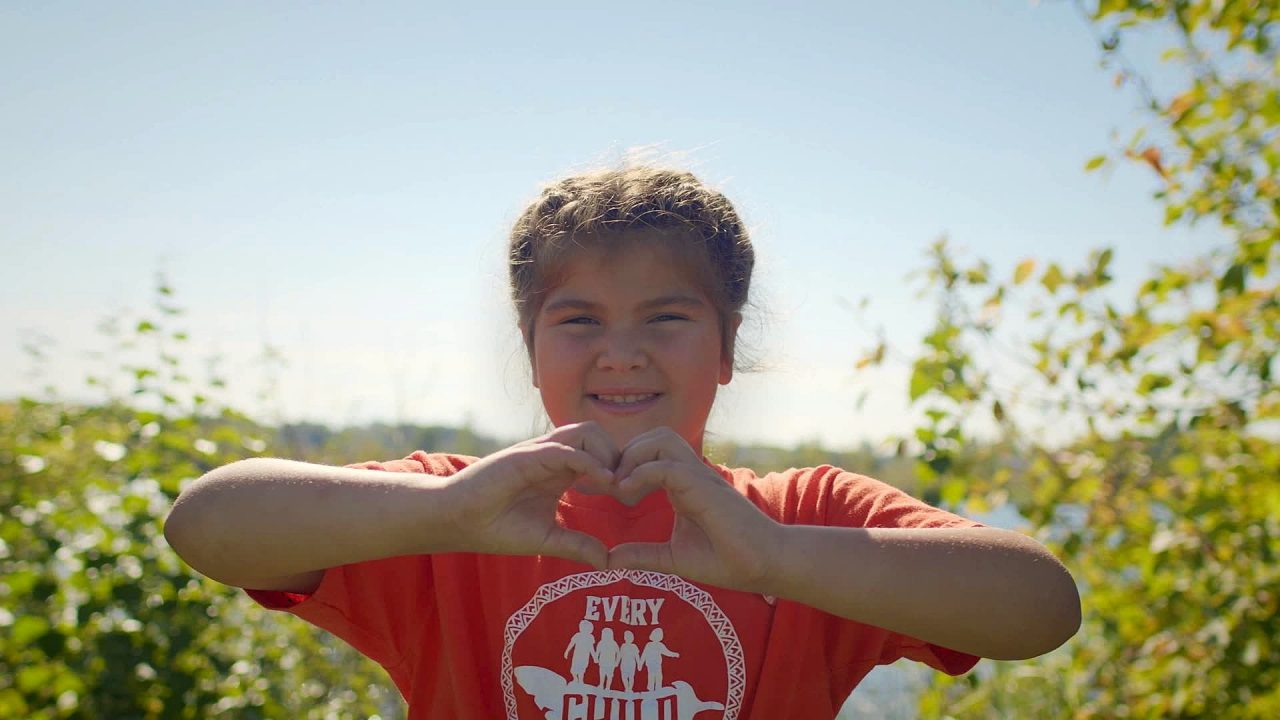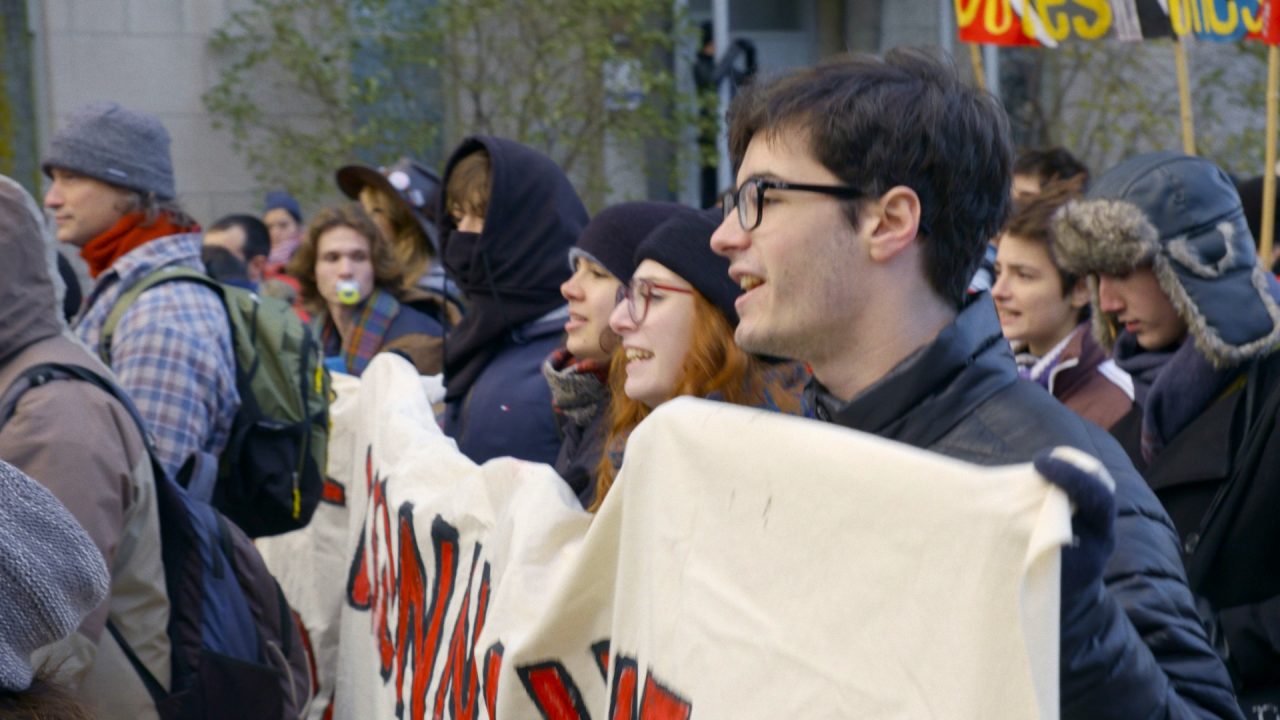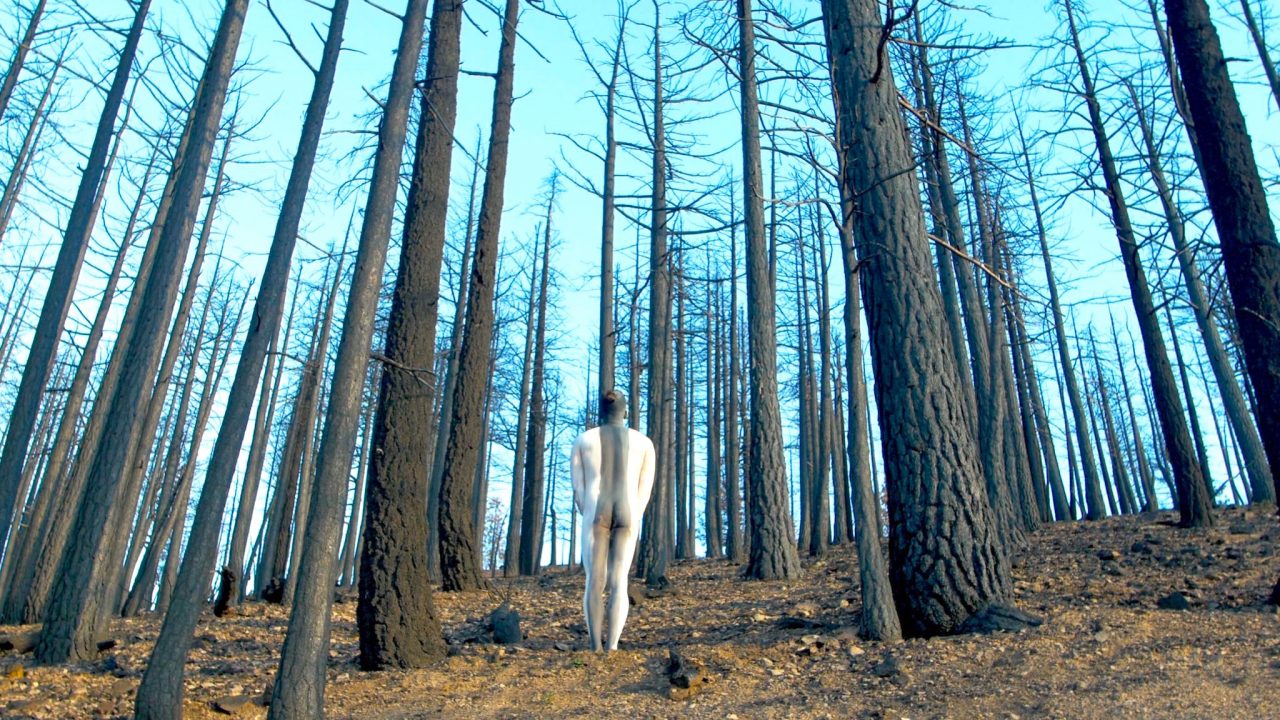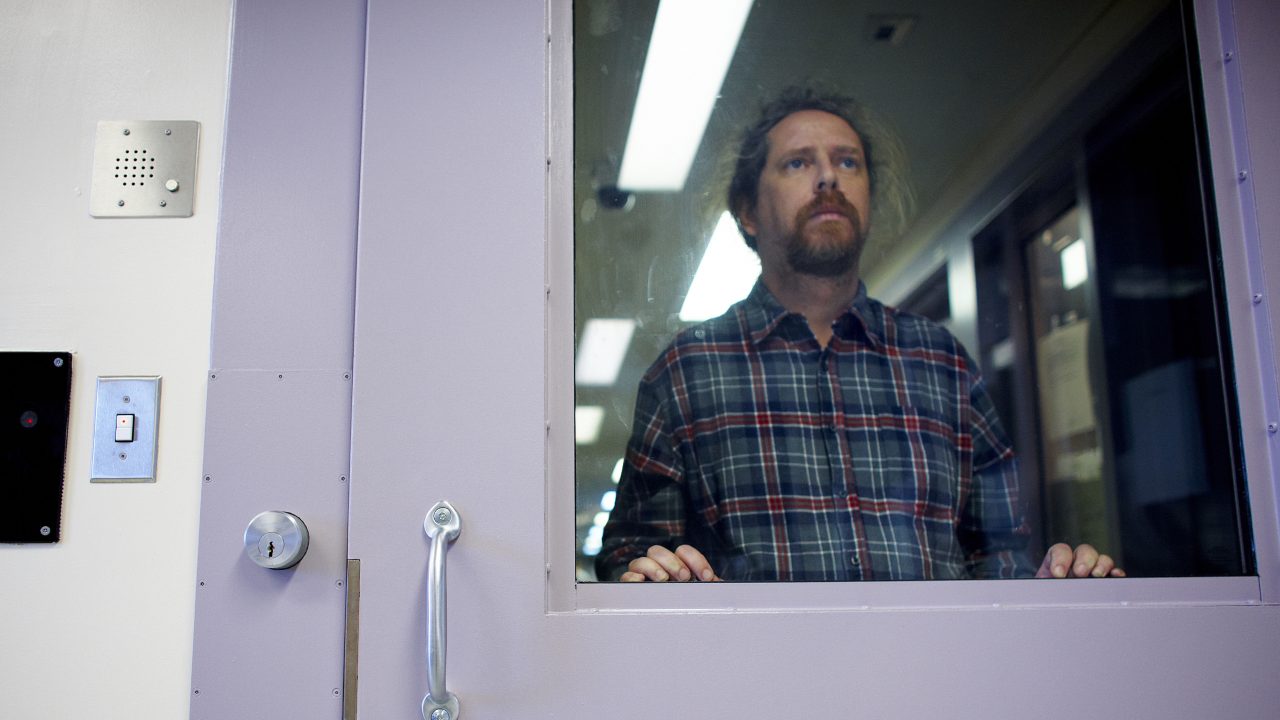
Interview tips for documentary filmmaking
Interview tips for documentary filmmaking
For those of you who are thinking of getting into documentary filmmaking or those of you who just want to brush up on your skills, here are some tips for getting the perfect interview.
Preparation:
- Do research on your topic, and if possible, on your subjects. The better prepared you are, the less time you’ll take and the better equipped you’ll be to handle any curve balls.
- Develop a few themes and come up with 3 or 4 questions for each theme.
- When possible, do a pre-interview with your subject. They’ll often reveal information you hadn’t contemplated before.
- Read your questions out loud, or to a third party, to make sure they’re clear.
- Scout out a location for the interview, taking sound and lighting into consideration.
- Have a basic structure for your film/project sketched out and as well as an idea of how each interview subject fits into that structure. This may change as you go along, but you should have a general idea from the beginning.
- Think about doing some group interviews – they often don’t run as smoothly, but disagreement makes for good content and illustrates conflicting points of view.
- If you’re interviewing several people for one project, you may find 1 or 2 questions you want to ask at each interview. It allows for varying perspectives on a single issue.
The Interview:
- If the interviewer is not included in the film, make sure your questions don’t need to be heard in order to understand the question. You can ensure this by teaching your subject how to incorporate the question into the answer.
- Try not to interrupt when someone is answering a question. People open up and talk when they’re on camera – give this time to happen.
- Stay away from questions that can be answered with a “yes” or “no.” Open-ended questions work best.
- Listen to the answers you’re being given and a) make sure they can stand alone, and b) make sure they’re clear. If not, ask the subject to rephrase.
- Don’t be afraid to stray from your list of questions. Following up on interesting answers is the key to a successful interview.
- Wherever possible, look for anecdotes or stories. Stories make a more memorable impression than simple answers.
- Don’t talk or make noises while the subject is responding.
- Start off with the easier questions, and once the subject is warmed up move into deeper areas. Don’t be afraid to ask hard-hitting or difficult questions.
- At the end of the interview, you can always ask the subject if there’s something they wanted to discuss that you didn’t hit on. There usually is.
Do you have any interview tips you’d like to share? Leave them in the comment section below.
***
If you found these tips useful, check out the following links for more information:
DV Workshops Newsletter – The Documentary Interview
Videomaker – Documentary Interview Tips
EHow – How to Conduct Documentary Interviews
Student Filmmakers – The Art of the Documentary Interview
Michael Rabiger’s Directing the Documentary, 2nd Edition, 1992




I the like your elan of writing, keep going it up buster.
I’ve noticed that interview subjects will mirror my posture and manner. If I want more energy from them, I lean forward and use hand gestures, maybe raise my voice or talk a little faster. With very few exceptions, the subject starts imitating me.
I always tell subjects to treat the interview like a conversation and to ignore the camera(s) and lights. When it seems necessary, I do converse (adding comments or once in a while even a personal story) in between questions and answers — all in the name of building rapport and putting the respondent at ease.
I’ve found that nervous interview subjects relax when I tell them they are in control of the interview — that they may say “cut” any time they want; that they may “pass” on any question they don’t want to answer; that they are free to stop and start if they feel they’ve flubbed an answer or want to start over for any reason. In over 1,000 interviews, only two or three people have ever told the camera operator to “cut.” But knowing that’s an option seems to put many people at ease.
The power of the pause (I forget who coined this, certainly not me) is amazing. If I want more, I just sit there and let the laws of physics (“nature abhors a vacuum”) kick in. They ALWAYS say something and it’s usually deeper than what they’ve already said.
I agree with Rick Grant’s comments about asking just one question and letting the interview flow from there … but I always keep a “cheat sheet” of questions or points so I can reassure myself that we’ve covered all the important topics.
I always ask if there was anything else they thought we would talk about that we didn’t cover. They usually say, “No, not really — it’s just that …” Then they go on to give me the best bite of the day.
If I ask a question and don’t get a satisfactory answer, I wait a while and then ask the question again (with a little rephrasing). They really don’t notice I’ve asked the same question and lots of times I get a better answer the second or third try.
I often chit chat a little on camera before starting the official interview. Unless I’m working with a crew that knows me, the camera operator will sometimes say, “Uh — we’re rolling,” and one guy actually stopped rolling without being asked. But small talk ON CAMERA is just my way of easing the subject into the official interview, if it seems necessary to do so.
Marcia Cipriani
Interview techniques.
The single most important interview technique, one that I use and teach, is to listen closely to what the person says.
If you have done your research, come up with a focus for the interview (why it is you are talking with the person) thought of just one single question to get things going, you will never have a problem.
By listening you will get your second and subsequent questions; they will flow in coherent fashion, form a story, and elicit perceptive answers.
The first question is all you ever need — everything else will just flow from it.
Rick Grant
Calgary
Chuck Klosterman (writes for Esquire)is a print writer, but I think his interview tip is valid in many applications. re: asking tough q’s at interviews. : “A lot of people have this strategy where if they have a hard question they wait to ask it to the end of the interview because they think the person is going to walk out. But what they have to realize is, is that if the person walks out, they have a pretty successful story.”